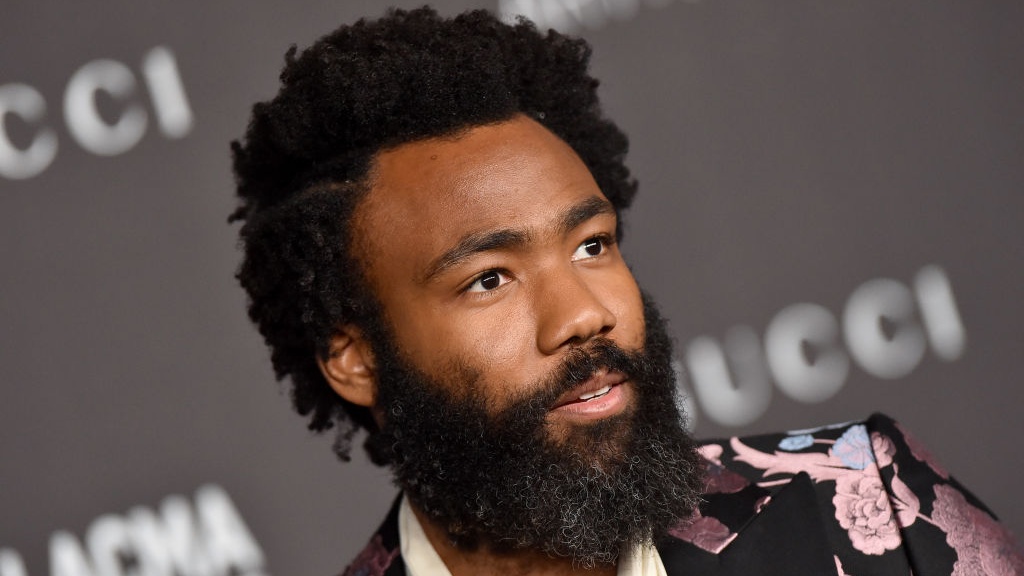Michaela Coel and Donald Glover
opened up to one another in a lengthy conversation chronicled by GQ. The two stars discussed sexuality, race, their hit shows and unexpectedly, a newborn child.
The "This Is America" artist revealed he recently welcomed his third child with his wife Michelle White.
"You know, I had [a kid] during the coronavirus."
"I was in the hospital bed," Glover said. "My son had just been born, like, an hour before and I was watching the George Floyd video. It was such a weird moment."
"It was such an intense, weird moment, because I'm watching that video and it's like eight minutes long, so you're sitting there and I had just had this amazing, joyful, expanding moment, plus my dad had passed away recently, so [my son] was named after my father," the multi-hyphenate creative continued. "I don't even know what, really, the word is to describe it. It was just expanding: the empathy and compassion and the terror and the joy of it."
The two also discussed the protests over police brutality this summer and the larger conversation about racism.
Coel spoke to Glover about her fears of releasing her show, I May Destroy You, during such a tumultuous time for Black people. The show features graphic depictions of sexual assault and characters working through trauma, leading her to believe it may not be appropriate for the times.
"The fear only came a couple of weeks before I May Destroy You came out, simply because of the coronavirus and George Floyd, and I thought, 'OK, I don’t know if this is too triggering for where we are right now.' I suddenly felt actual terror that we weren’t ready to see or to feel what I was offering – or a lot of people might not be," she said.
But Glover reassured her that even though some people may not be in a space to watch it yet, it was a necessary show and did add a lot to the global conversation about assault and trauma.
The two stars took time to discuss their own experiences with racism not just in the TV industry but with friends.
Coel made waves earlier this year when she told an audience about her original TV deal with Netflix, which fell through when they refused to give her any ownership of the show. She pulled out of her deal with them, fired her management, and eventually made her hit show with BBC.
Both actors said they had started to have tough discussions with white friends about racism and each had stories to tell about insensitive acquaintances that they had to leave in the past.
"I have friends that I love who are not – let’s put it in quotations for now, because we’re talking about categories – 'Black,' who at some point turn to me and say, 'I love black men,'” she said.
"Whenever I hear it, my brain starts thinking, 'You’ve grouped a whole people and you’ve made a decision on them. Can’t you just ‘love’ that black guy at the bar? Why can’t you like whatever his name is? Why come with the whole group thing?' And they’re my friends, so sometimes I don’t know how to do it. How do you stay friends with them? It’s all my white female friends, Donald! Literally. I’m running out! It’s making me worried," Coel added.
Glover also about how his understanding of his sexuality has matured over time and moved beyond the need for specific labels.
“There is security to being identified. ‘I’m a straight white male’ or ‘I’m a gay Asian dancer’ — you can find community easily and safely. Instead of being like, ‘Man, I really don’t know…’, most of my college years were me being like, ‘I don’t know what I like,’” he said.
“I had friends who asked, ‘Are you gay?’ And I’d be like, ‘I sort of feel like I am because I love this community.’ You know? But maybe I’m not? And I always was trying to figure out ‘Am I weird for not wanting to label it?’ Yet, also, I never felt completely safe in just one place,” he said.
